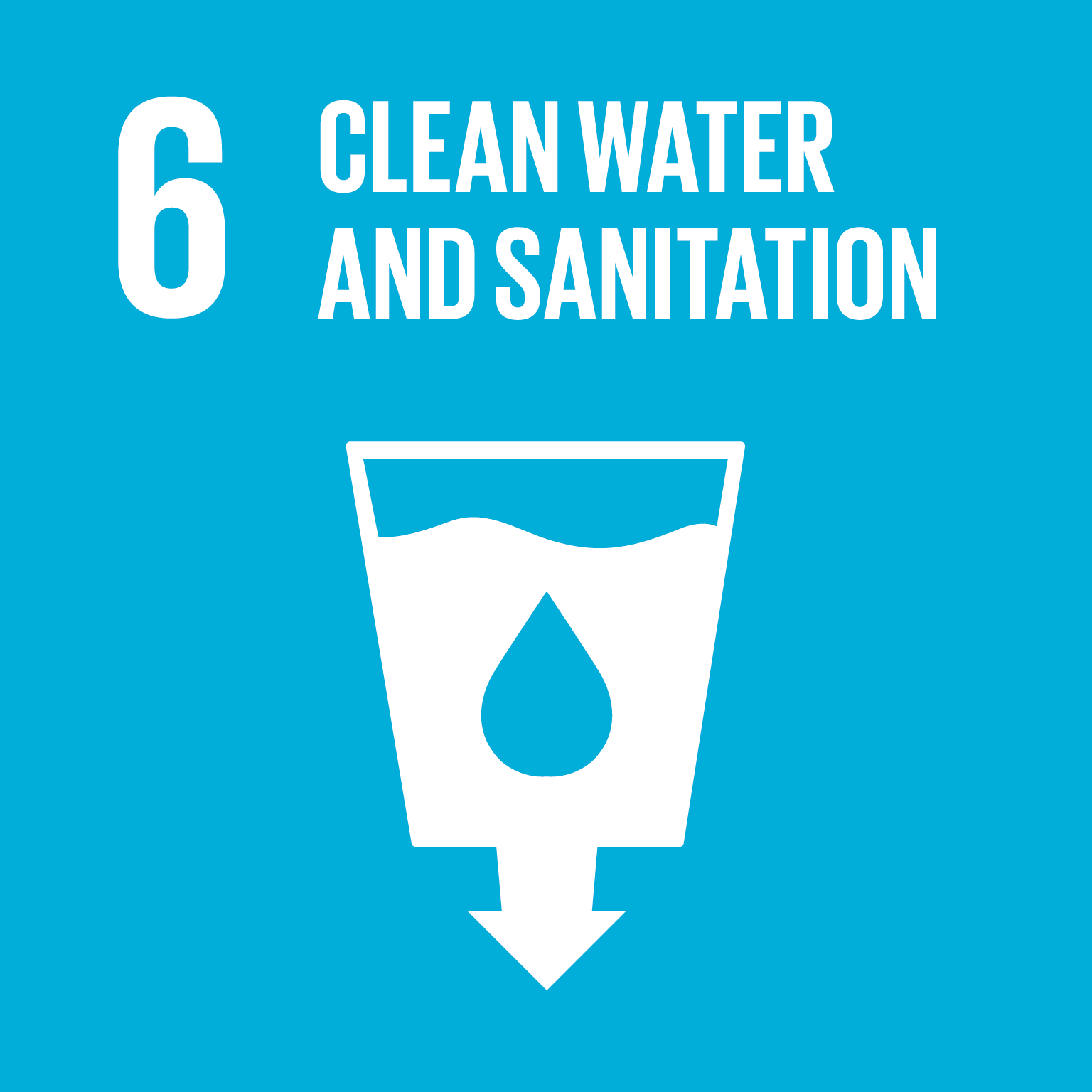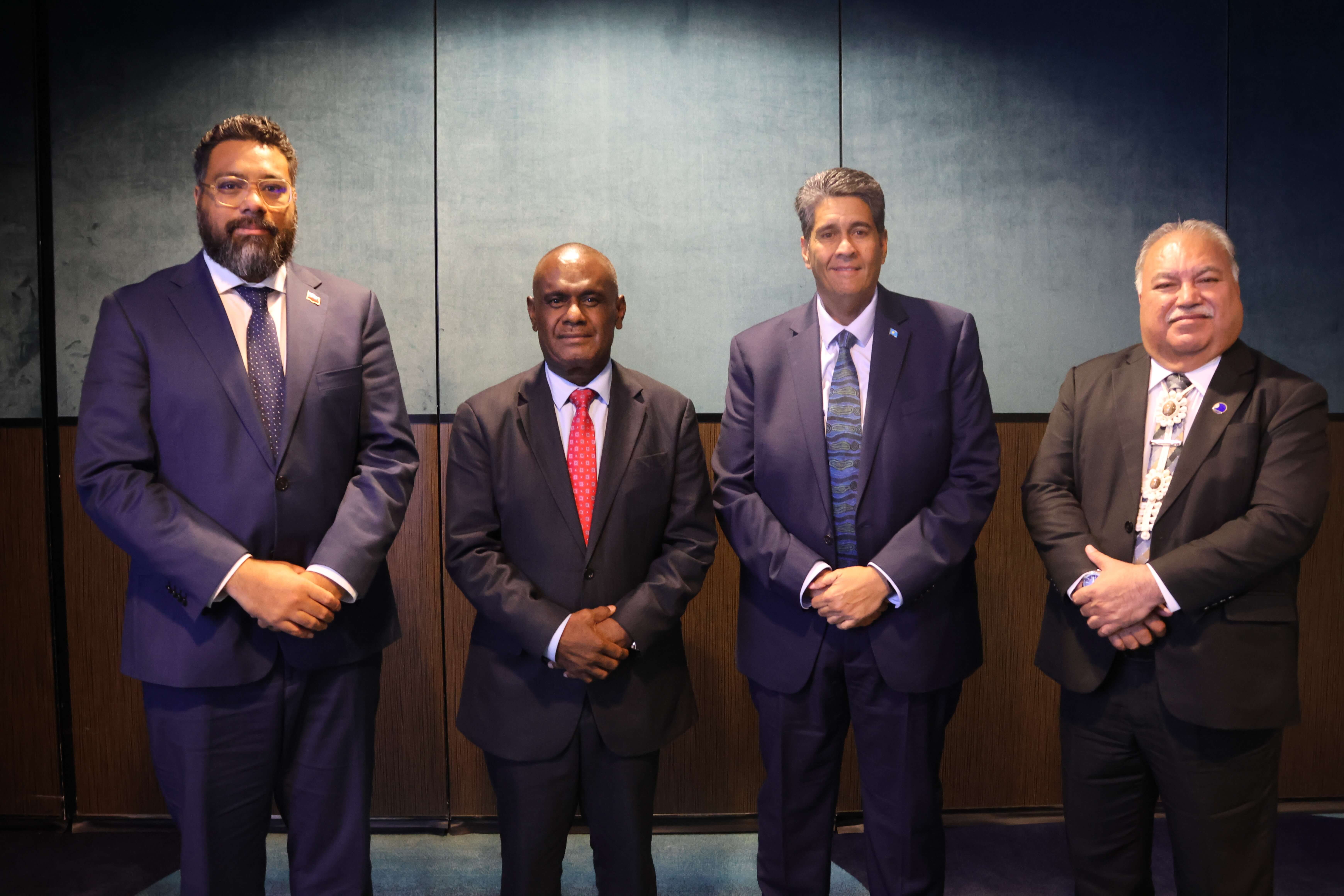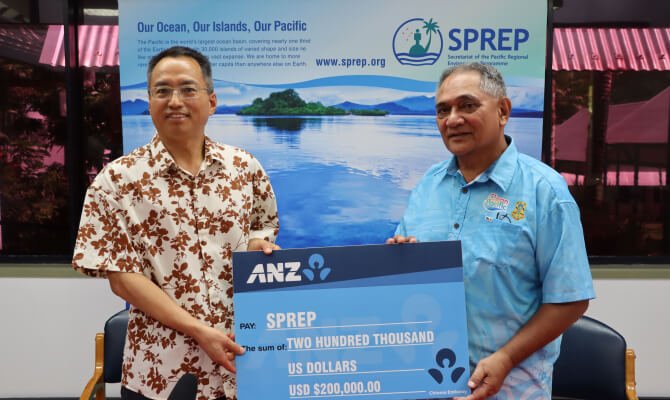Access to water, sanitation and hygiene is not just a development issue but is fundamentally a human right. While positive progress has been made since the early 2000s in improving access to safe water and improved hygiene, significant work is still to be done. Internationally, 2.2 billion people still lack safely managed drinking water, of which 785 million people are without basic drinking water. In terms of sanitation, 2.4 billion people lack access to basic sanitation services (such as toilets), while 892 million people practice open defecation.
Sustainable Development Goal 6 – Clean Water and Sanitation
Sustainable Development Goal 6 is to “Ensure availability and sustainable management of water and sanitation for all”, with a set of 8 targets and 11 indicators to help measure progress towards the achievement of the goal.
In the Pacific, access to water and sanitation is generally low and highly variable between Pacific countries and territories. Within Papua New Guinea (PNG) – the Pacific’s most population country – households have some of the lowest levels of water and sanitation hygiene (WASH) indicators in the world. In 2015, the Government of PNG established its first WASH policy with a strong emphasis from multiple partners to enhance water and sanitation outcomes of people in PNG. This includes a focus on gender equality and access to rural and remote areas.
Establishing a Baseline of Water, Sanitation and Hygiene in PNG with UNICEF PNG
In late 2018, Sustineo undertook a WASH Baseline Knowledge, Attitudes and Practice (KAP) study in four districts of PNG with UNICEF PNG. The project complemented the broader work of UNICEF with the PNG Government and other development partners in enhancing WASH outcomes. Our work was situated in contributing towards the EU-UNICEF-PNG Government’s Klinpela Komuniti Project.
Through the project, we sought to establish a robust baseline and evidence base regarding the current situation of WASH in Central Bougainville, Goroka, Nawaeb, and Hagen Central districts. This included a better understanding of knowledge, attitudes and practices regarding WASH in schools, health facilities and neighbouring communities in the four districts.
We employed a mixed methods approach to research, including a household survey, key informant interviews with health care facility managers and school principal, and focus group discussions with primary school student groups and community groups. This was complemented by water quality testing, as well as gather child nutritional information (via Middle Upper Arm Circumference measurement). Through this process, we worked with our in-country partner – Anglo-Pacific Research – in the conduct of data collection.
The report provided a comprehensive insight into the status of WASH at household, health centre and schooling levels:
- At the household, this included understanding levels of access to safe drinking water, household sanitation and hygiene practices, health of children under 5 years of age and a baseline of key information sources for sanitation and hygiene information.
- Within schools, it identified levels of drinking water access, common sanitation and hygiene practices, insights regarding perceptions of menstrual hygiene, and behaviour change.
- With health care centres, it included drinking water access, common sanitation and hygiene practices waste management and infection and control measures.
The project identified a broad range of programming implications for UNICEF and partners to consider across measures of water supply and quality, sanitation, hygiene, behaviour change, institutional WASH and advocacy.
We are proud to have positively contributed to the important work being undertaken to enhance WASH outcomes in PNG, specifically through providing an evidence based to inform future programming and monitoring and evaluation for the EU-UNICEF-PNG Government’s Klinpela Komuniti Project.
Interested to learn more about SDG 6 or WASH in PNG?
There is a lot of information available if you want to learn more about SDG 6 and/or, more specifically, about WASH in PNG.
- International figures for access to water and sanitation referenced above are from here: https://www.un.org/sustainabledevelopment/wp-content/uploads/2016/08/6_Why-It-Matters-2020.pdf
- Progress towards SDG 6 indicators in the Pacific is reported via the Pacific Data Hub: https://pacificdata.org/content/sdg-6-clean-water-and-sanitation
- More information on the work of UNCIEF PNG is available here: https://www.unicef.org/png/ or you can follow them on Facebook here: https://www.facebook.com/unicefpng
- Other NGOs also work in this space, such as WaterAid Australia. You can read more about their work in PNG here: https://www.wateraid.org/au/where-we-work/papua-new-guinea or follow them on Facebook here: https://www.facebook.com/WaterAidPNG



